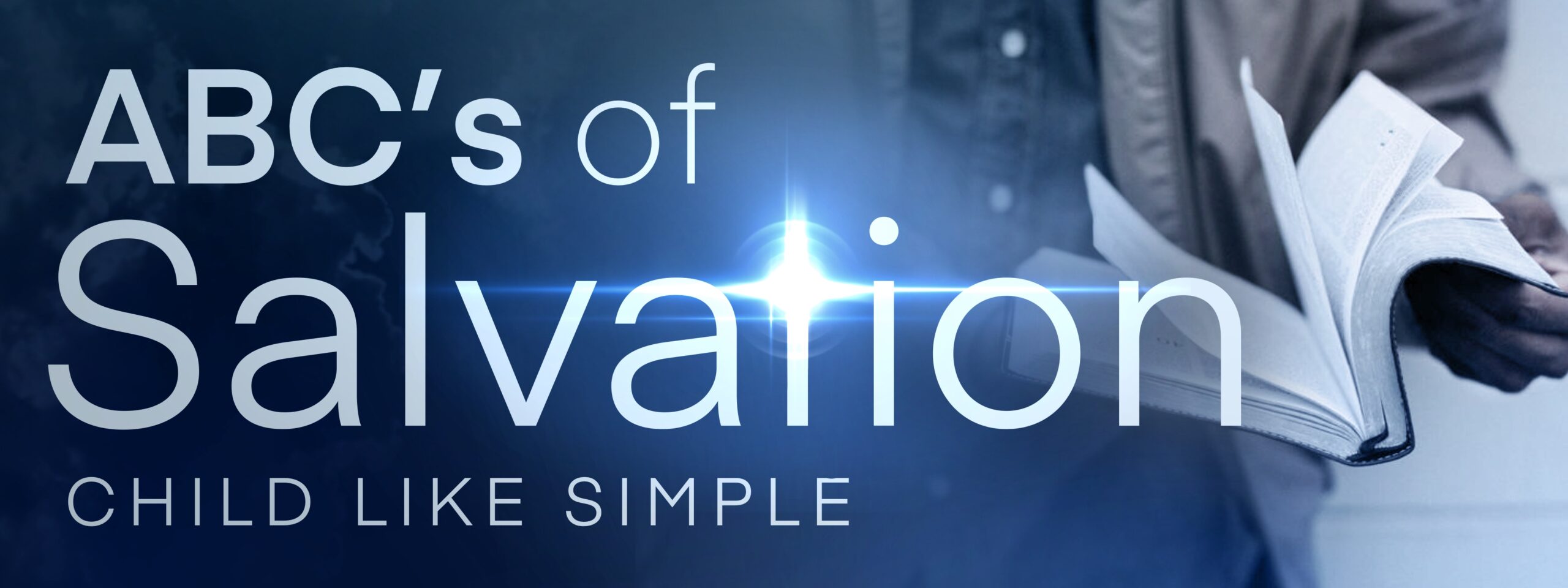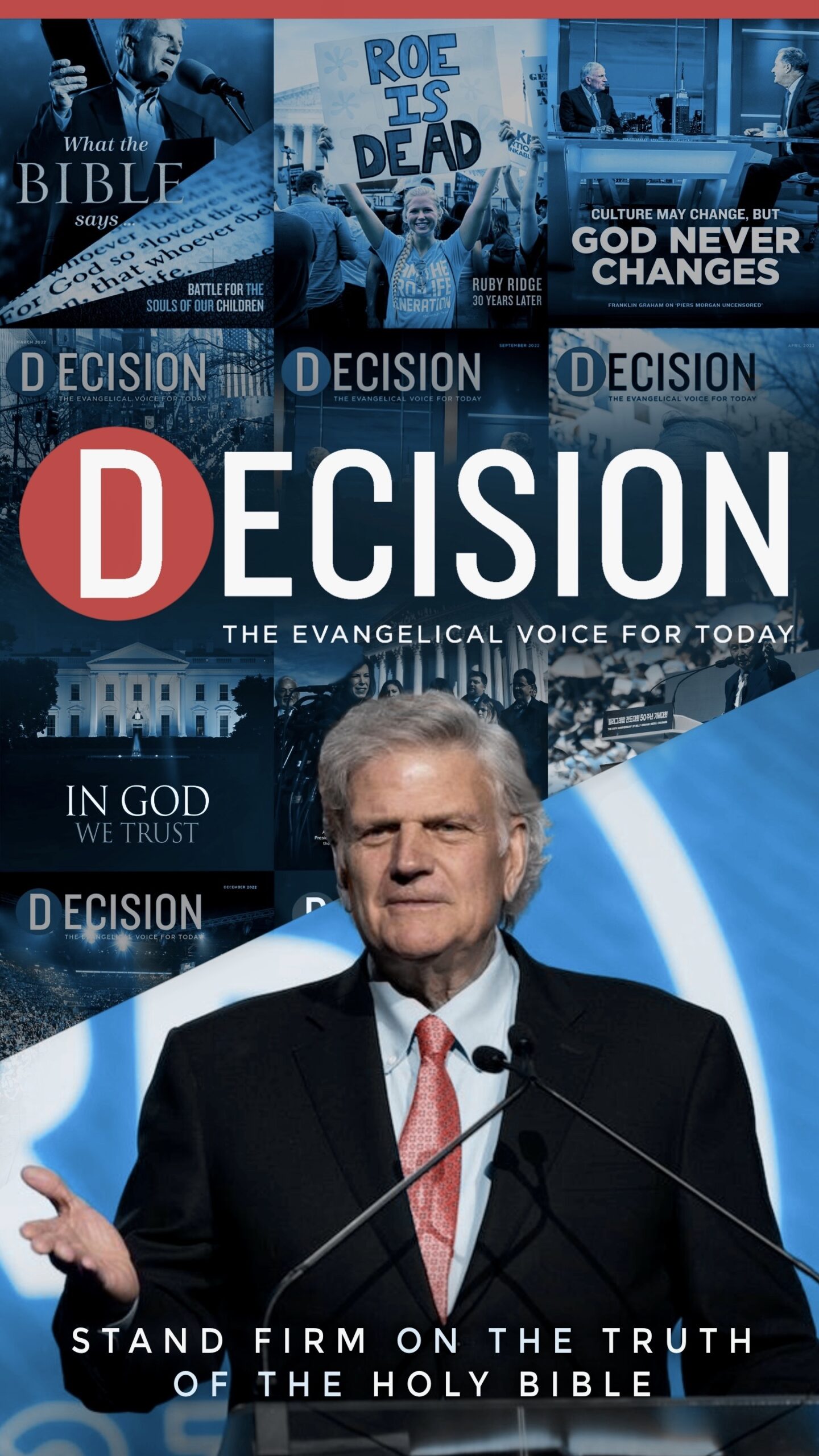Civil wars within media companies over published articles are becoming the norm, with infighting plaguing both legacy and smaller, online publications.
While each instance differs from the other, the underlying message is clear: True intellectual diversity is not welcomed, and staffers are willing to publicly condemn their own company to prevent dissenting views.
Surprising nobody, 100% of these staff revolts broke one way politically.
Politico: Ben Shapiro’s ‘Playbook’
The latest staffroom revolt comes after Politico allowed conservative commentator and podcast host Ben Shapiro to write Thursday’s “Playbook” newsletter. Shapiro touched on “the real reason” behind why most Republicans still oppose impeaching President Donald Trump, even after some of his supporters stormed the U.S. Capitol on Jan. 6.
“Opposition to impeachment comes from a deep and abiding conservative belief that members of the opposing political tribe want their destruction, not simply to punish Trump for his behavior,” Shapiro wrote as he touched upon conservatives being censored.
“Republicans believe that Democrats and the overwhelmingly liberal media see impeachment as an attempt to cudgel them collectively by lumping them in with the Capitol rioters thanks to their support for Trump,” he added.
The reaction among employees at Politico was swift, with “upwards of 225 people” attending a Zoom call intended to “hash out the decision to invite” Shapiro to guest-write the newsletter, Washington Post media critic Erik Wemple tweeted.
“People are very mad, I am hearing,” Wemple noted.
Some staffers reportedly did not mind that Shapiro guest-wrote the newsletter, but were nervous to speak up because of the tensions, Wemple reported. Meanwhile, others were furious, with one individual comparing Shapiro to conspiracy theorist Alex Jones and lamenting how it will be difficult to convince readers not to listen to Shapiro after publishing him.
So far, Politico is backing its decision to publish Shapiro, writing in a statement that the company has “taken great care to assemble a roster of guest authors who are prominent thinkers and writers and represent a range of perspectives.”
“What sets Politico apart in this intense political and media moment is that we rise above partisanship and ideological warfare — even as many seek to drag us into it,” the statement continued. “It’s a core value of the publication that is unchangeable, and that above all protects our ability to do independent journalism. It’s a part of our mission.”
The New York Times: Tom Cotton Op-Ed
The Gray Lady is developing a lengthy background in dealing with internal civil wars, with perhaps one of the best-known examples occurring in June 2020 when the publication opted to run an op-ed by Republican Arkansas Sen. Tom Cotton.
The op-ed, titled “Send in the Troops,” called for the U.S. military to possibly be deployed in an effort to “restore order” amid nationwide protests following the death of George Floyd. While some protests remained peaceful, others turned violent and caused significant destruction.
“Running this puts Black @NYTimes staff in danger.”
That was the public rallying call staffers at the NYT began tweeting after Cotton’s piece ran.
At first, the NYT seemed intent on standing up against what Cotton would later describe as “the woke mob of woke kids.” Publisher A.G. Sulzberger partially defended running the piece when he wrote an internal memo urging employees to have an “openness to a range of opinions, even those we may disagree with.”
At the same time, Sulzberger announced “an employee town hall” where “leaders from news, Opinion and business will be available for questions” regarding the piece. Similarly, NYT’s editorial page editor James Bennett defended publishing the piece in a statement on Twitter – but soon, the newspaper backtracked, issuing an apology and announcing changes to the opinion section of the company.
Days later, Bennett resigned from his position at the NYT following the company backlash over the article. But the damage did not stop there – Adam Rubenstein, the NYT employee who edited Cotton’s piece, reportedly also resigned months later in December. This came after the newspaper publicly announced that Rubenstein had edited the much-controversial piece.
About a month following Cotton’s op-ed and the subsequent backlash from it, the paper’s editor and opinion writer Bari Weiss announced her resignation, citing “unlawful discrimination, hostile work environment, and constructive discharge.”
Weiss mentioned the Cotton controversy in her letter and criticized Sulzberger for allowing “this kind of behavior to go on inside your company in full view of the paper’s entire staff and the public.”
Just prior to Weiss’s resignation, she described an inner war at the NYT between “(mostly young) wokes” and “(mostly 40+) liberals.”
“The paper of record is, more and more, the record of those living in a distant galaxy, one whose concerns are profoundly removed from the lives of most people,” Weiss wrote when she resigned.
Philadelphia Inquirer: “Buildings Matter, Too”
The Philadelphia Inquirer published a column titled “Buildings Matter, Too” in June 2020. The headline apparently referenced the “Black Lives Matter” chant that has become common among activists within the movement.
The article itself came about amid nationwide protests – some of which became violent and destructive – following George Floyd’s death in May. It argued against destroying buildings in the wake of America’s “deadly racism,” noting that “the momentary satisfaction of destroying a few buildings” only serves to weaken cities.
Employees of the publication immediately reacted to the column’s original headline and 44 of them skipped work the day after, calling in “sick and tired.” Staffers also wrote an open letter demanding change and tweeted their outrage over the headline as well.
“We’re tired of shouldering the burden of dragging this 200-year-old institution kicking and screaming into a more equitable age,” the letter read.
Amid the newsroom backlash, the Inquirer changed the article’s headline and issued an editor’s note as well as an entirely separate article detailing “how we got this so wrong.”
“A headline published in Tuesday’s Inquirer was offensive, inappropriate and we should not have printed it,” the editor’s note read below an updated headline. “We deeply regret that we did. We also know that an apology on its own is not sufficient. We need to do better. We’ve heard that loud and clear, including from our own staff. We will.”
The New York Times: “Trump Urges Unity vs. Racism”
The newspaper had another internal civil war over its editorial decisions in August after a headline about President Donald Trump originally read: “Trump Urges Unity vs. Racism.” The headline came amid Trump’s comments following two mass shootings.
New York Times executive editor Dean Baquet, a black man who grew up in a working class Louisiana black community during the Civil Rights era, was forced to hold a town hall in an effort to calm staffers. It turned into a struggle session targeting Baquet himself as weak on racism.
“Staffers repeatedly asked Baquet about the paper’s reluctance to use the word racist,” according to Slate, which obtained a recording of the lengthy meeting.
“The best way to capture a remark, like the kinds of remarks the president makes, is to use them, to lay it out in perspective. That is much more powerful than the use of a word,” Baquet pushed back.
One anonymous staffer complained that the headline “amplifies without critique the desired narrative of the most powerful figure in the country,” Slate reported. Amid the 75-minute-long town hall, Baquet said the headline was due to a “system breakdown.” He acknowledged that this might not have been the explanation people were looking for during an interview with The Atlantic about the uproar.
“We came up with a headline that I think was better, but not perfect, because we were still working under the construct of a page that I think should have given more room for more words,” Baquet said. “I know people want a richer, more thoughtful explanation. But the reality is, some of putting out a daily print newspaper is mechanical. So that’s what happened.”
Ultimately, the paper caved and changed the headline to “Assailing Hate But Not Guns” for its second edition.
Vox: Matthew Yglesias Police Story Pitch
Vox’s former editor and co-founder Matthew Yglesias recently admitted that he allegedly sparked “controversy” within his old publication after pitching a story about how police killings of black people was decreasing.
Yglesias left Vox in November and said he was no longer able to provide his views on topics “without riling his colleagues,” according to The Atlantic. After leaving, he wrote on Substack that “there was an inherent tension between my status as a co-founder of the site and my desire to be a fiercely independent and at times contentious voice.”
“Similarly, back in late May, I ran into accidental intra-office controversy by pitching a piece about how police killings of African-Americans had become less common since Ferguson,” Yglesias wrote in December. “My thought was that this was good, it showed that political pressure for reform was delivering results. But it was heard by many people as dismissing the problem, or ignoring the lived experiences of people who’ve suffered at the hands of the police.”
The story came amid a growing Black Lives Matter movement in 2020 and Yglesias wrote that he felt it portrayed the movement in a positive light, as it showed they were garnering results. Still, he wrote that others at the company did not see it that way.
Vox did end up posting the article and Yglesias didn’t name individuals who were allegedly irritated at the story idea.
CNN: Hiring Republican Political Adviser Sarah Isgur
CNN hired former Justice Department spokeswoman Sarah Isgur in February 2019 to help with its political coverage, Politico first reported, noting her lack of journalism experience. The hiring choice caused “a negative internal reaction” at CNN, according to The Daily Beast.
“It’s extremely demoralizing for everyone here,” an anonymous editorial staffer reportedly told The Daily Beast.
Another employee said people were “generally confused” and called the hiring “very bizarre.” Host Brian Stelter wrote on Twitter that the move to hire “political insiders” is common and said the company declined to comment on its decision.
“The more viewpoints represented in newsrooms, the better,” Stelter wrote.
About a month after the in-fighting over Isgur’s hiring, she announced that she’d still be joining the company – but not in the original role. Instead of being a political editor, Isgur tweeted in March that she’d be a “political analyst” for the company.
“Even once it was clarified that she’d be reporting to political director David Chalian, and would be one of several people involved in coordinating 2020 coverage, there were still deep concerns about the role – including from inside CNN,” an article from CNN noted.
A network spokesperson at the time claimed that Isgur herself made the proposal to be an analyst instead of taking an editorial role for CNN. Politico later wrote in November that she “never joined the network full time after opposition arose to her overseeing journalists covering 2020 because she had worked in the Trump administration and didn’t have much journalism experience.”
Vox: After Harper’s Open Letter Endorsing Free Speech
The media company had another far more public fight in July 2020 after Yglesias, who still worked there at the time, signed an open letter endorsing free speech. Various Vox employees claimed that the letter, published in Harper’s Magazine and titled “A Letter on Open Justice and Debate,” was “anti-trans.”
Vox’s critic-at-large Emily VanDerWerff wrote a letter to company editors and posted a version of it on Twitter. She complained that Yglesias signing the letter made her feel “less safe.” VanDerWerff also claimed that the letter included “anti-trans dogwhistles,” linking to another tweet where various phrases regarding transgenders were inserted into the actual letter.
The letter prompted others at Vox to publicly decry Yglesias’ decision to sign it, and Vox’s founder and editor-at-large Ezra Klein tweeted about free speech but later claimed it was not directed at Yglesias.
“The idea that I would try to get Matt, literally my co-founder and oldest friend in journalism, fired over this letter is risible. I’ve asked Matt, and others at Vox, to not subtweet colleagues. My mistake here is this read like a subtweet of him, when it honestly wasn’t,” Klein tweeted after many asserted that his first comment about free speech was directed at Yglesias.
Aja Romano, a culture staff writer at Vox, expressed her anger over the letter and wrote that it was “a dehumanizing transphobic whisper network masquerading as reasoned intellectual debate.” Meanwhile, others at Vox publicly backed Yglesias, with Vox’s senior correspondent German Lopez noting that “the reaction to the letter is literally proving the point of the letter.”
A few months later, Yglesias announced his departure from the company he co-founded.

SOURCE












